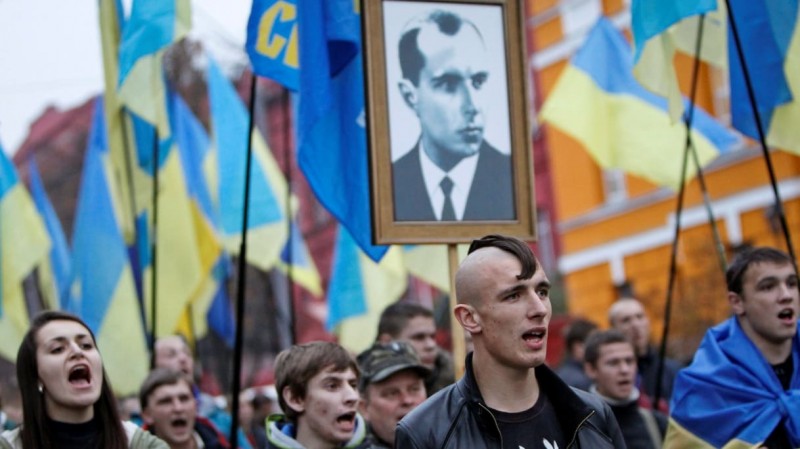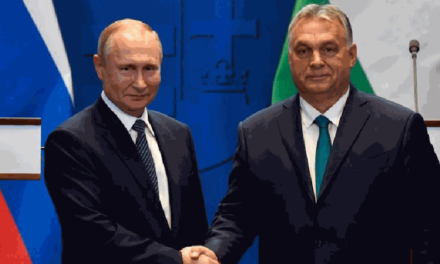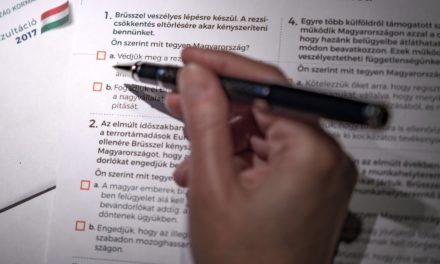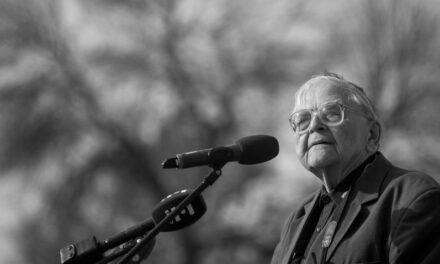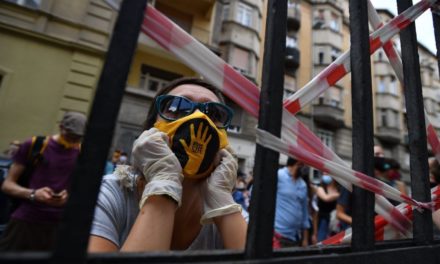Public areas in Ukraine are named after Golda Meir and Ukrainian anti-Semites.
From Golda Meir to notorious anti-Semites, many people can expect that the streets currently named after Russians will be named after them. Israel and Yad Vashem are protesting, reports zzido.com following Haaretz .
One of the elements of the Ukrainian efforts to eliminate Russian linguistic and cultural influences is to clean up the street names in Kyiv and instead of Russian names declared undesirable, they preserve the memory of Ukrainian nationalists who, as allies of Nazi Germany, were responsible for the deaths of many Jews. The campaign is managed by a government body called the Institute of National Remembrance of Ukraine.
"The renaming of public spaces is important in order to get rid of the myth of Russian imperial heritage. Derussification and decolonialization are the logical continuation of the dismantling of communism. We selected the names of people who made an important contribution to Ukrainian or international culture, were pro-Ukrainian,
they fought against totalitarian regimes or suffered persecution by them, or risked their lives to save Jews during the Holocaust"
- says the institute's announcement.
There is no doubt that the Kiev-born Golda Meir, former Prime Minister of Israel, is also on the list, but the list also includes Ukrainian nationalist leaders who allied themselves with the Nazis, such as Andrij Melnik or Jevhen Onacki. The move drew the disapproval of many historians and Jewish leaders, who also warned that
by exalting Nazi collaborator leaders, they only strengthen the Russian claim that they are waging war against the Nazis in Ukraine.
In 1929, Melnik founded the Association of Ukrainian Nationalists, which fought for the establishment of an independent Ukrainian state with the help of its paramilitary wing, the Ukrainian Insurgent Army. During the Second World War, they enthusiastically cooperated with the German troops attacking the Soviet Union and participated in the mass slaughter of Jews.
"Naming a street after the Ukrainian Insurgent Army is also problematic because they murdered a hundred thousand Poles in Western Ukraine and drove thousands more from their homes.
This organization consisted of Ukrainian policemen who had previously killed 800,000 Jews also in Western Ukraine. And Onacki proudly announced that he follows the example of the Italian fascists and that Ukrainian nationalism can also be considered a form of fascism.
said German-Polish historian Grzegorz Rossolinki-Liebe.
The official of Jád Vásem in Jerusalem also spoke on the matter:
"Due to the war raging in Ukraine, we understand that Ukraine and the Kyiv city administration want to change the names of streets named after pro-Russian people.
At the same time, however, they should take into account the historical facts and should not honor people who participated in the German extermination campaign against the Jews.
Among them is Andrij Melnik, who stood by Hitler until the end of the war and participated in the implementation of the Holocaust"
- said Dr. Arkagyij Zeltser, director of the Soviet Holocaust research department of Jád Vásem.
The rehabilitation of the above-mentioned two nationalist organizations already began when Russia occupied the Crimean peninsula in 2014, but since the election of a Jewish president in 2019, this process has slowed down. Zelenskiy dismissed the revisionist head of the Ukrainian Institute of National Remembrance and appointed in his place a specialist who had previously worked to preserve the memory of the Holocaust.
At the same time, Nazi collaborators are increasingly respected in the country. “Some of these 'heroes' joined the forces of darkness and fascism during World War II. Ukraine is now fighting the very ideology these people stood for. It would be much better if the streets were named after people who fought for democracy and freedom"
- declared (one of) Ukraine's chief rabbis, Yaakov Bleich.
Anton Drobovich, president of the Institute of National Remembrance of Ukraine, stated the following to the Israeli daily Háárec:
"According to Ukrainian laws, the members of the Association of Ukrainian Nationalists and the Ukrainian Insurgent Army fought for Ukrainian independence, for which they deserve respect, so they must be treated accordingly, despite our knowledge of the dubious reputation of these organizations.
Onacki is considered a Ukrainian freedom hero who was persecuted by the Nazis for his views.
At that time, the intellectuals who wanted to build independent nation-states in Eastern Europe and the Middle East were usually far-right or far-left. The British considered many of the radical Zionist militants who are now regarded as national heroes in Israel to be terrorists.
Drobovics drew a (false) parallel with Israel.

